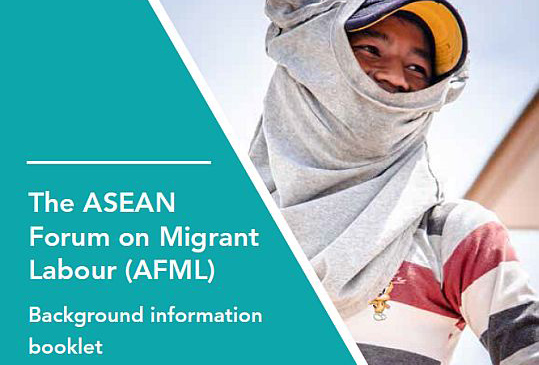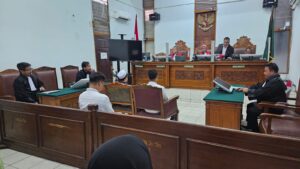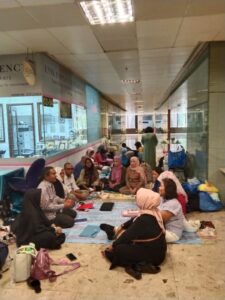AFML 12: MASUKAN DARI ACE UNTUK MASA DEPAN KERJA
2 min read
ACE Recommendations to the 12thAFMLChanges in business models and markets, coupled with demographic realities, increasingly require businesses to hire, train and transfer the workforcesacross borders.Efficient migration systems should respond to labour market needsfor the future of work.Now that businesses are frequent and important users of national migration systems, their experience in the practical workings of immigration policies, as well as knowledge of emerging market and staffing trends, can supply important information to governments and international organizations and enhance migration governance. It’s crucial for businesses to remain competitive while practicingsustainable and responsible business practices.Therefore,the business community has an important stake in working with governments in the development of coherent and consistent migration policies that facilitate the safe and orderly movement of labour across the entire skills spectrum.In light of this background review, the ASEAN Confederation of Employers (ACE)would like to put forward the following key recommendations for consideration by ASEAN Member Statesat the 12thAFML meeting:1.Ensure that the participation of EBMOs in public-private dialogue is essential to the development of well-regulated migration systems. If proper regulations are not in place, it becomes very costly for employers to hire workers from outside the country. When regulated appropriately, private employment and recruitment services improve labour-market functioning by matching jobseekers to a decent job, inside and across borders.2.Promote tripartite social dialogue to put the right regulations on migrant workers at the national level. Appropriate and effective national regulation/deregulationis required to balance the interest of migrant jobseekers, workers and businesses on private labour-market allocation.3.Take appropriate measures to reduce recruitment fees and related costs for employerstaking it into consideration that migrant workersdo not pay for job placements. The ever-increasing costs are particularly difficult to bear for SMEs.4.Improve systems for assessing skill levels ofmigrant workers to inform admission policies in countries of destination, and share this information with countries of origin to inform their training programmes and preparation of outgoing migrant workers. Governments should speedup implementation of skills certification and mutual recognition to respond to the needs of the labour market.
Improve migrant workers’ access to technical and soft skills training, reskilling and upskilling and improve systems for recognition of formal qualifications and informally gained skills at different stages of the migration cycle.6.In balance with the obligations of employers to provide safe and responsible employment, sending government ministries should conduct pre-departure training so that migrant workers are fully aware of and committed to abide by contracts they sign.[END]


